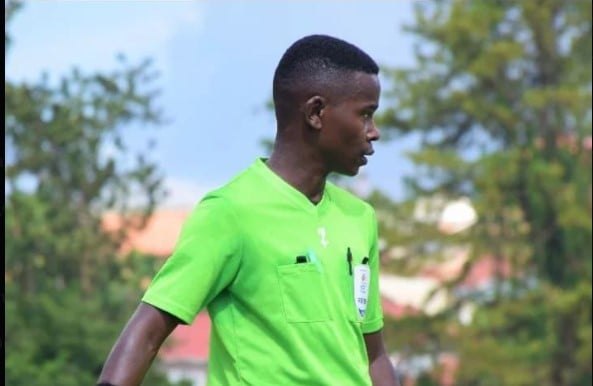Prime
There are better ways to discipline children

For about a year, children were away from school because of the Covid-19 pandemic. Some parents became so apprehensive and couldn’t wait for them to return to school. Whether at home or at school, one thing is always certain, discipline.
Many of us grew up in an era where spanking was the dominant method for discipling children. It seems that Africans are infamous for beating their children to straighten them out. Grandmother pulls the ears, Mom employs the palm, Dad uses kiboko and mwalimu combines all the above and others like a ruler, textbook, crushing head on the desk, etc.
According to the National Survey on Violence against Children, corporal punishment is illegal, yet 75 per cent of our children report being beaten in class. For many children, school is their first experience of violence and abuse.
As per the “Global Initiative to End all Corporal Punishment of Children,” there are now 59 countries which have full prohibition of corporal punishment in all settings. Most of Europe and North America have instituted a ban but there are significant gaps around the world, notably in Africa and Asia. In Uganda, the Children Act CAP. 59 bans corporal punishment and calls for protection of children from all forms of violence. Yet parents still beat their children and teachers continue to enforce discipline and learning by way of physical violence. Whoever thought that discipline and knowledge can be imparted through the buttocks must be urgently inducted into a hall of shame!
There are persistent traditional, cultural and historical arguments in support of physical punishment as a way of discipline. The pious ones point to the Bible text that says “He who spares the rod spoils his child, but he who loves him is careful to discipline him” (Proverbs 13:24). Well, the word “rod” here in Hebrew is “shebet” which actually refers to a rod or staff which was used by the shepherds to fight off wild animals and to count the sheep and direct them. The rod prodded the sheep gently, but firmly, back to the fold and kept the sheep moving in the right direction. It is therefore a weapon of protection and direction rather than a lethal weapon for inflicting pain.
It is important and actually loving to discipline children. But discipline is not about inflicting physical pain. The word “discipline” is from the Latin word “discipulus” which means “disciple, learner, apprentice.” Disciplining, therefore, has everything to do with instruction, modelling, training, restraining.
Research on corporal punishment has shown that it is harmful. In the first place, there is no proportionality. How much pain or how many slaps or kibokos and of what intensity should be administered for which type of undesirable behaviour for which age of a child? Secondly, corporal punishment signals to the child that a way to settle interpersonal conflicts is to use physical force and inflict pain. It is hard for them to develop trusting, secure relationships with adults and they fail to evolve the necessary skills to settle disputes or wield authority in less violent ways. Such children are most likely to resort to such behaviour themselves. Thirdly, harsh physical punishments have not been shown to improve students’ in-school behaviour or academic performance.
It is important to know that there are many other methods of discipline that are effective in promoting self-control, eliminating undesirable behaviours and promoting desired behaviours in children. This is dependent on the individual child, intelligence, environmental influences, and the motives behind the child’s behaviour.
Rev. Dr. Alex Ojacor




